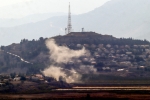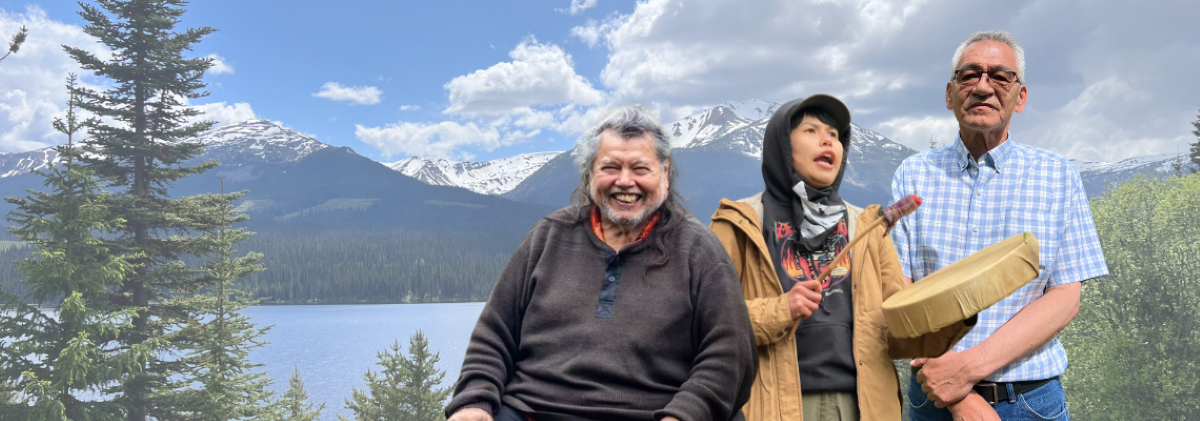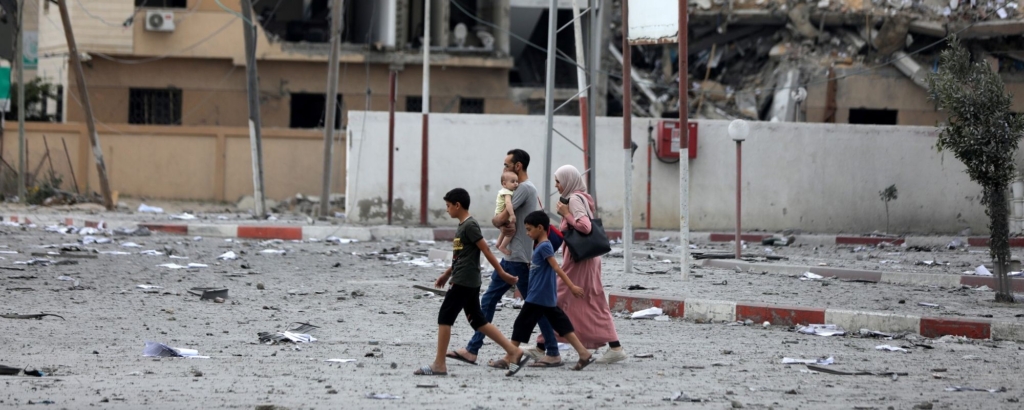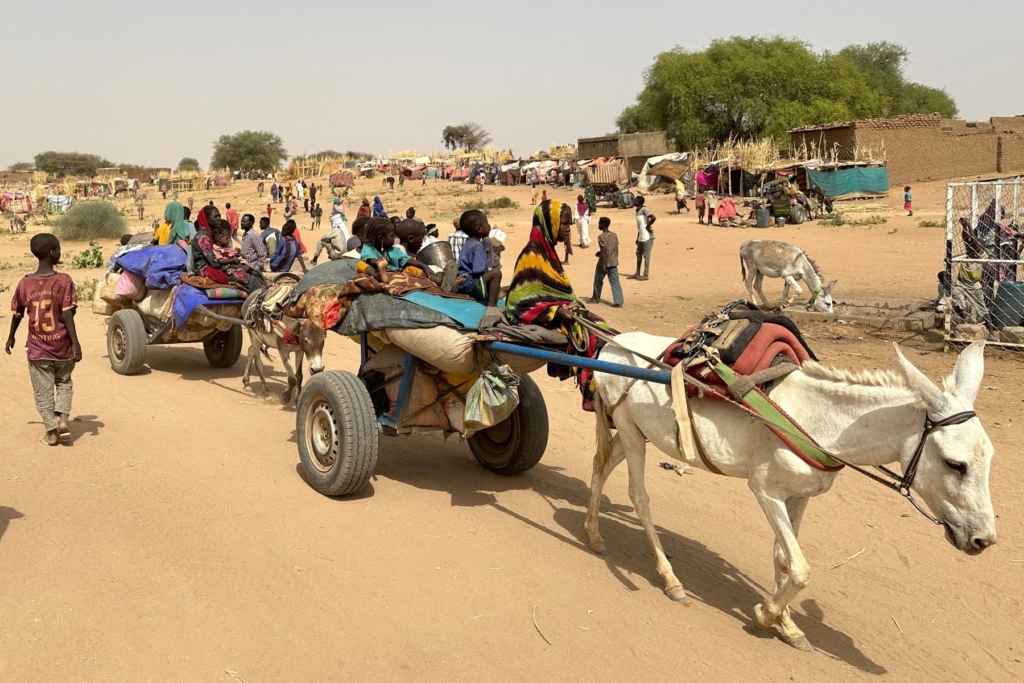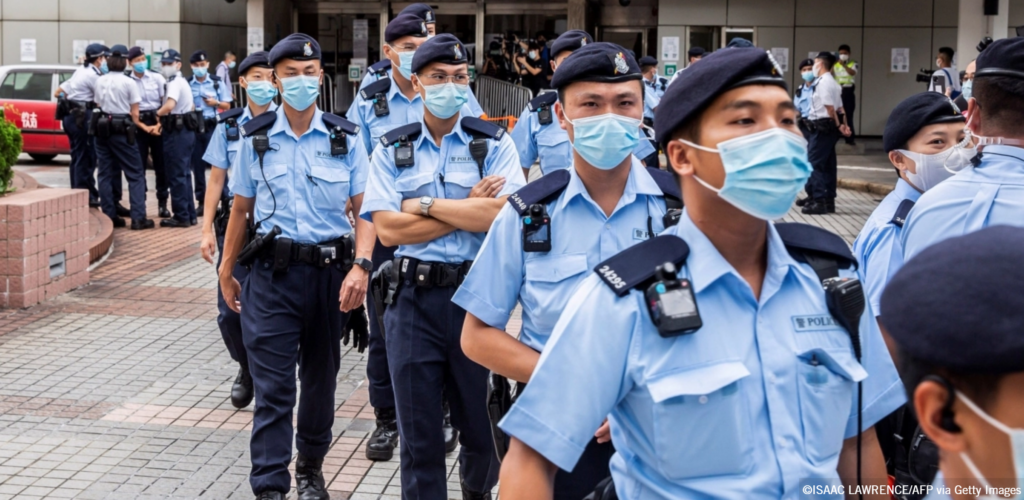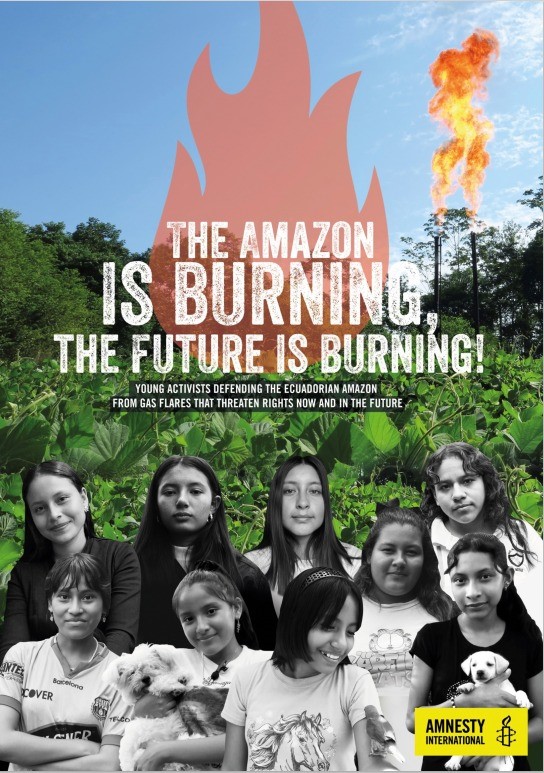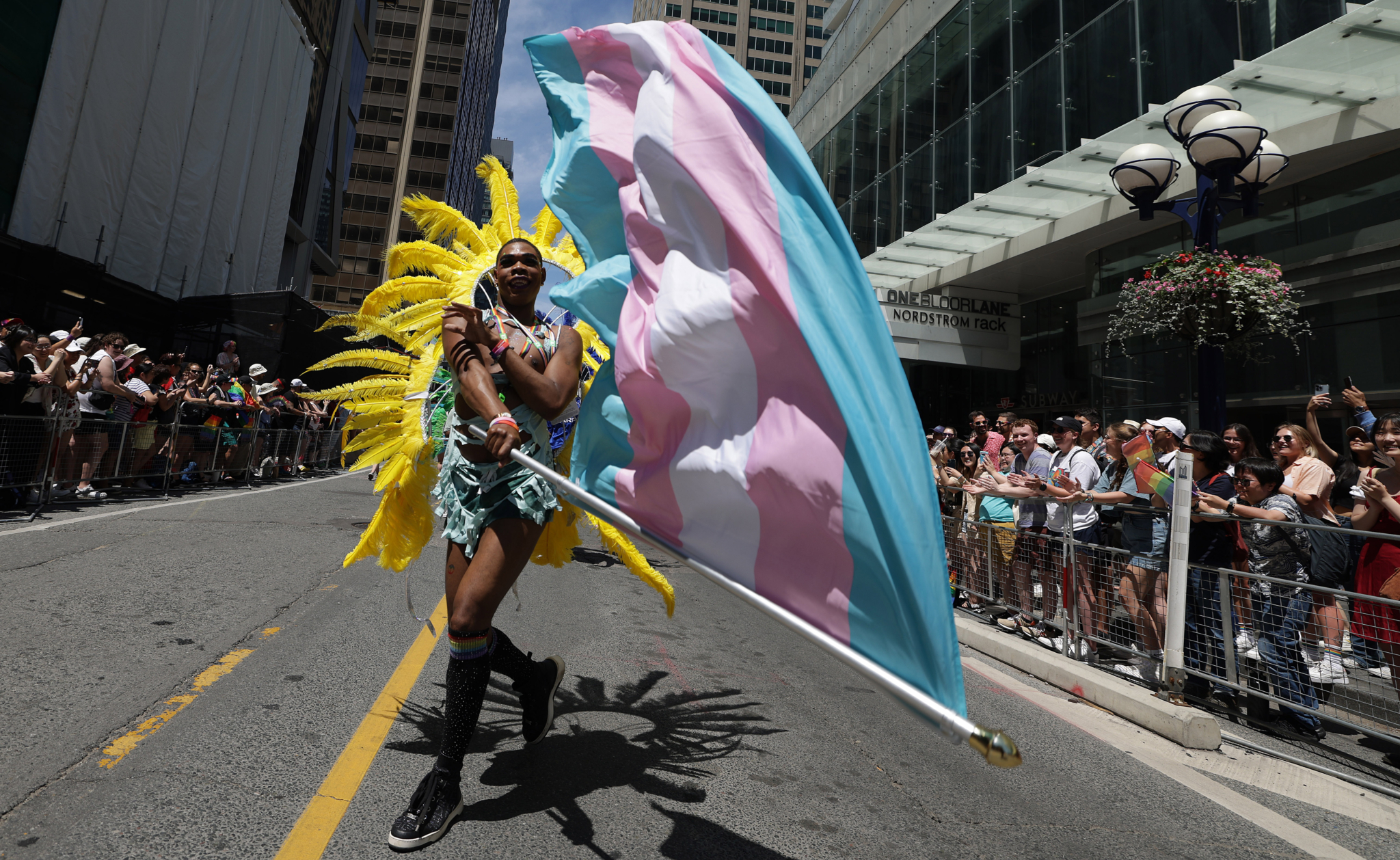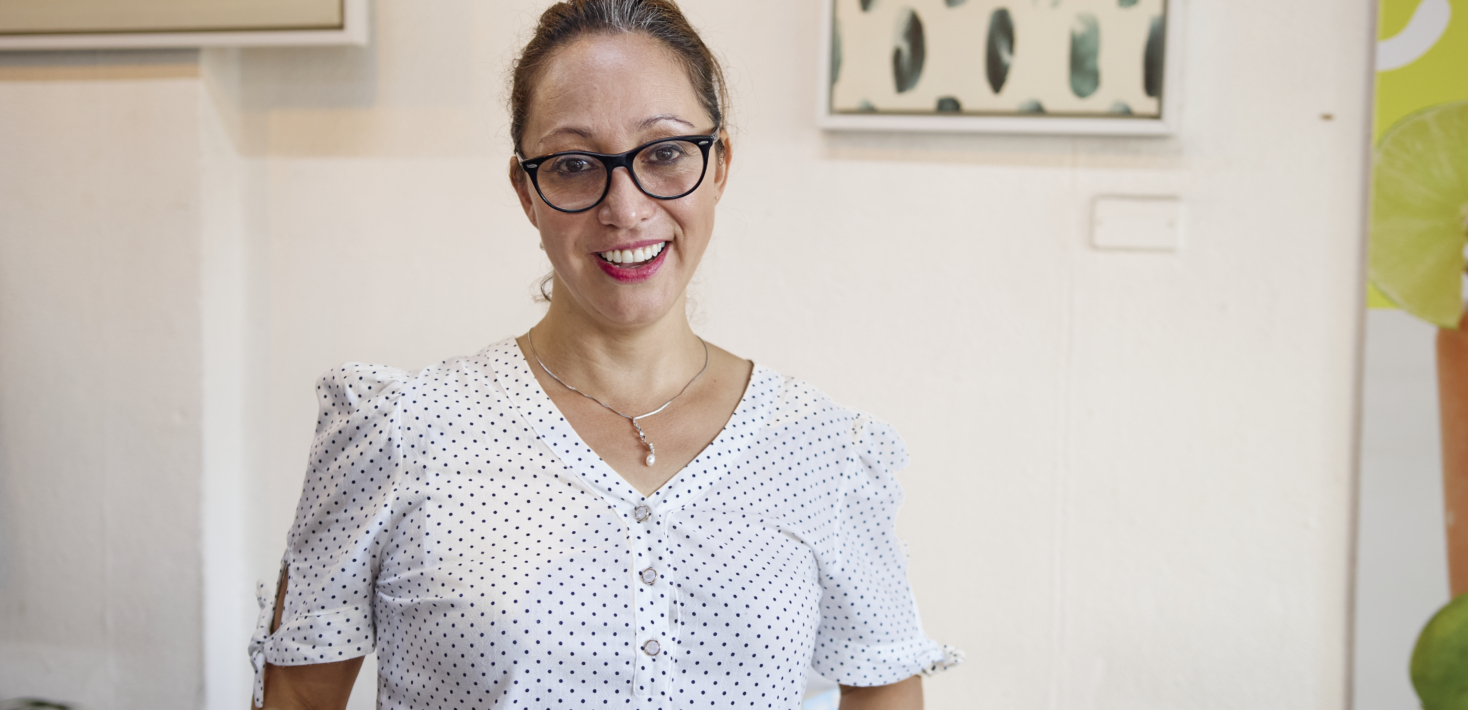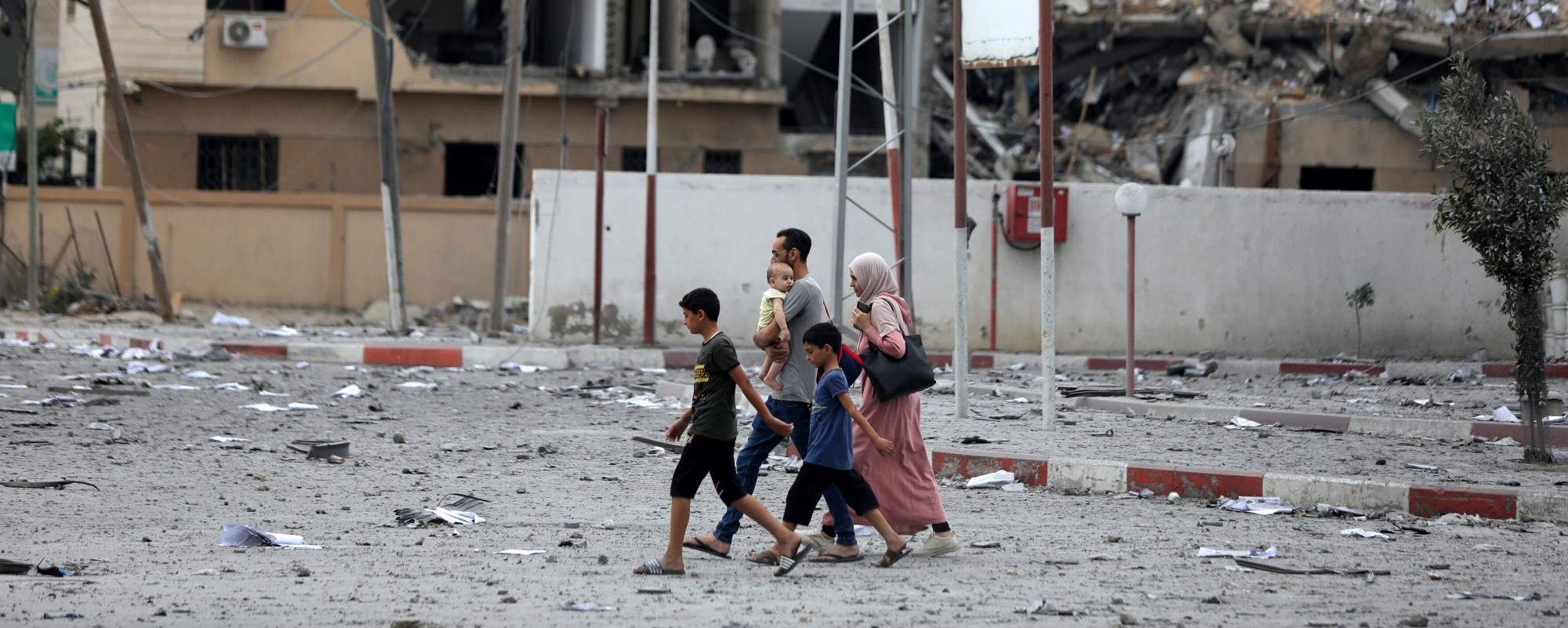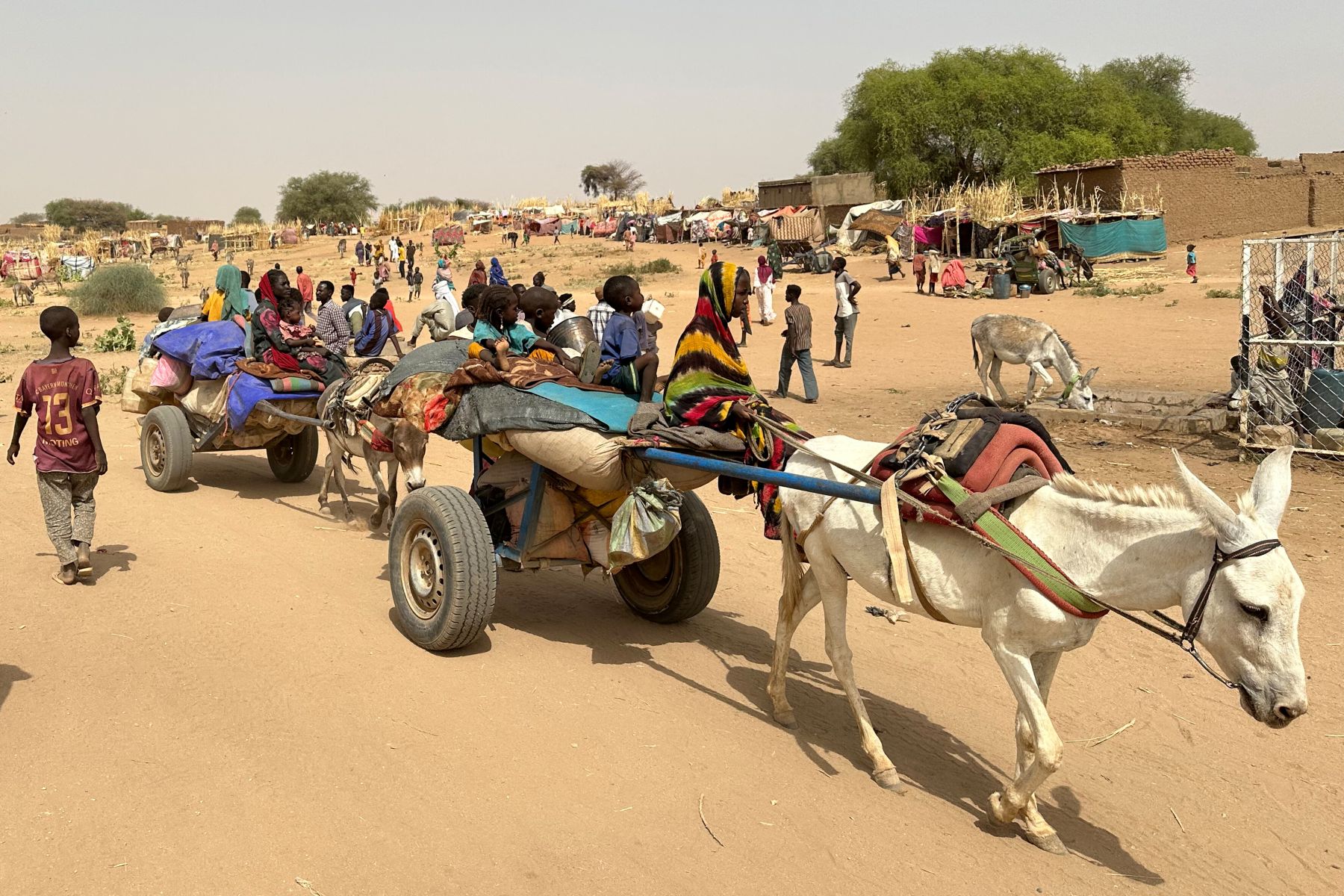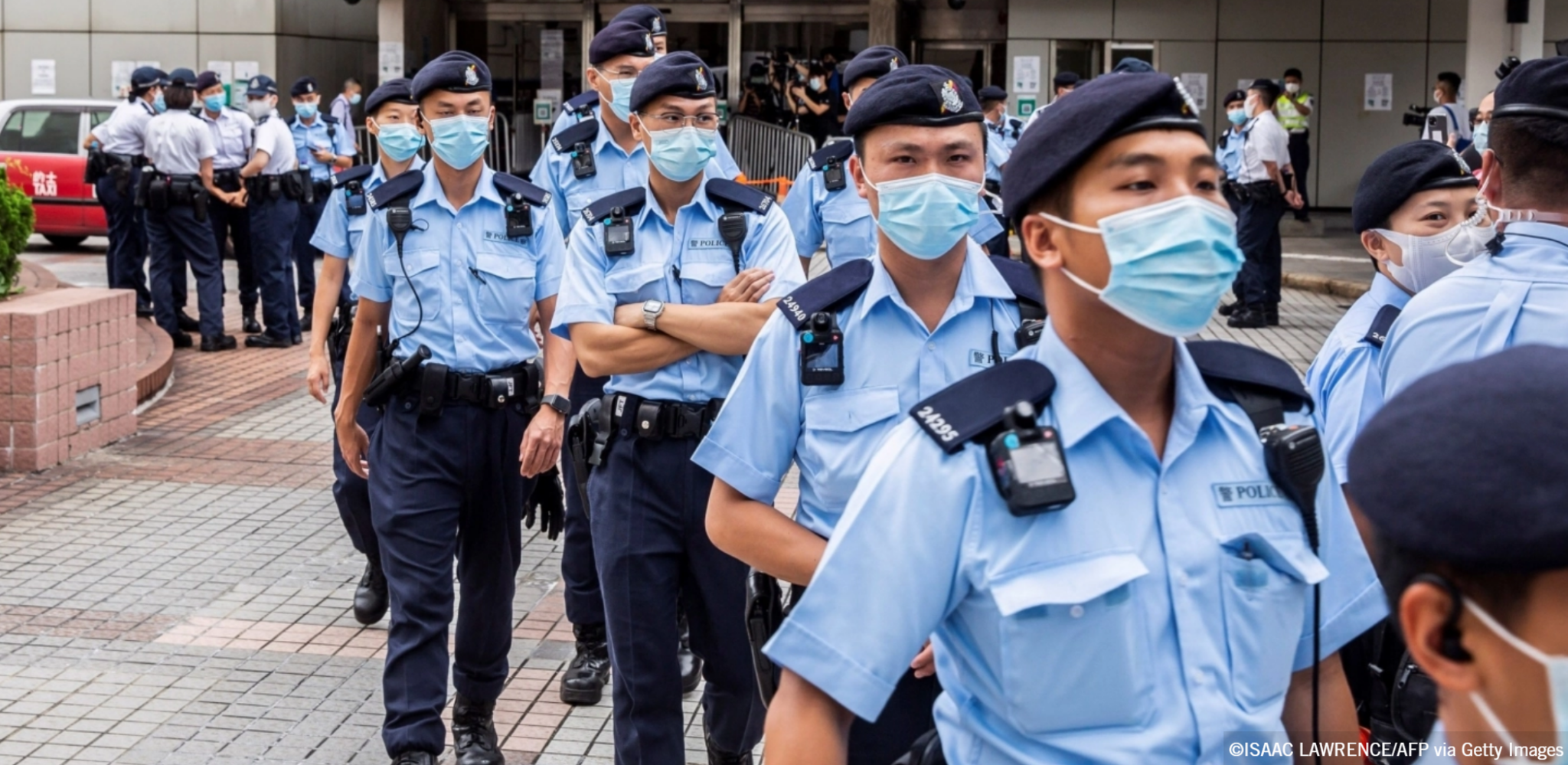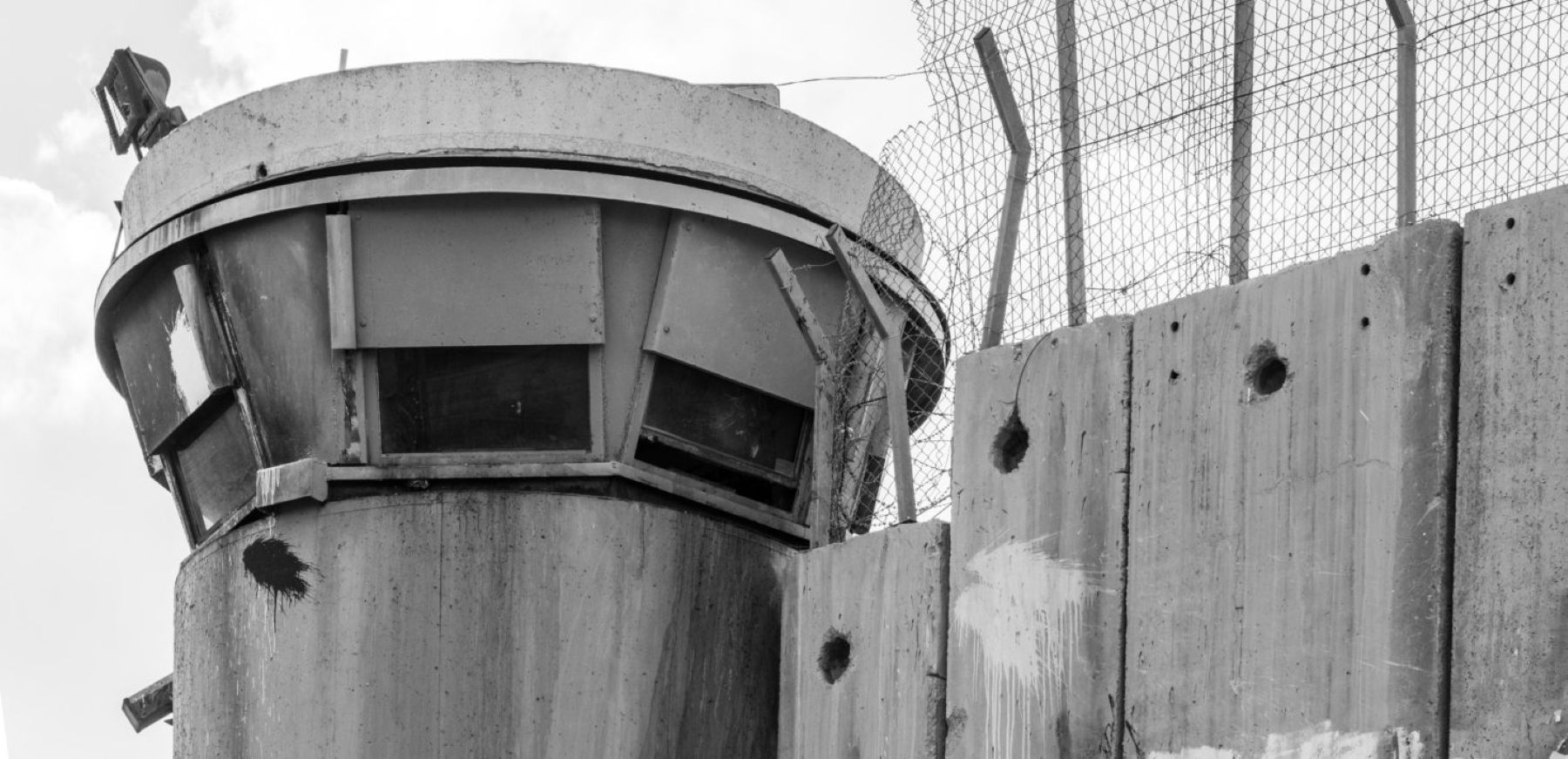Prisoner of Conscience Designation
Following his 60 days house arrest sentencing on July 31, 2024, Amnesty International took the historic step of designating Likhts’amisyu Clan Wing Chief Dsta’hyl of the Wet’suwet’en Nation as Canada’s first-ever Amnesty International prisoner of conscience.
Amnesty International considers a prisoner of conscience (POC) to be any person imprisoned or otherwise physically restricted (for example, through house arrest), solely because of their political, religious or other conscientiously held beliefs, their ethnic origin, sex, colour, language, national or social origin, socio-economic status, birth, sexual orientation, gender identity or expression, or other status, and who has not used violence or advocated violence or hatred in the circumstances leading to their detention. When declaring a person a POC, Amnesty International demands the person’s immediate and unconditional release.
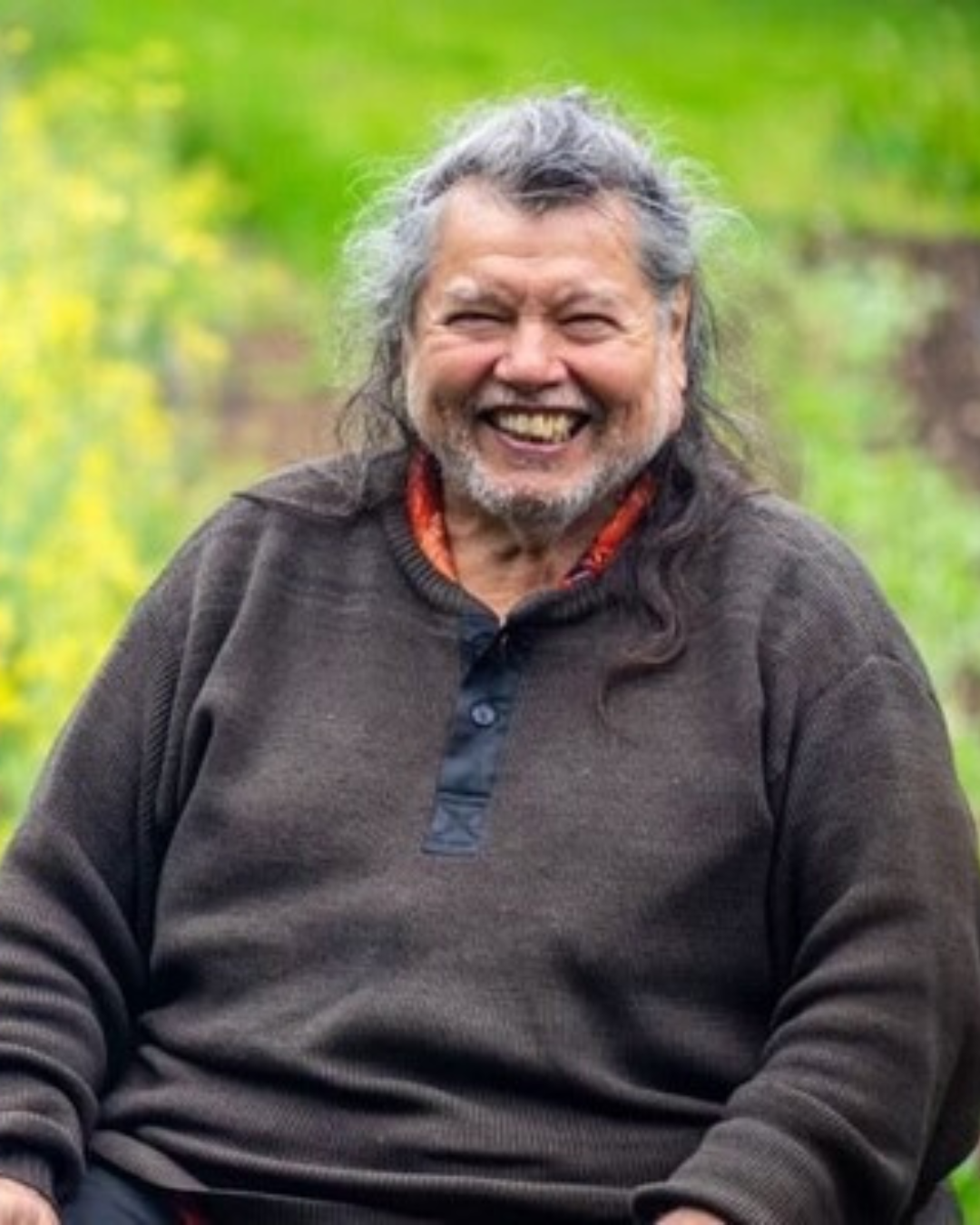
In Conversation with Canada’s First Prisoner of Conscience: Chief Dsta’hyl
Join Amnesty International for a virtual conversation with Chief Dsta’hyl on September 25 at noon EDT/9am PDT. During this event, Chief Dsta’hyl will share insights into his Nation’s fight to protect their rights and will also address questions from participants.
Amnesty International once again sent trial observers to Smithers
Starting on September 3, a court in Smithers, B.C. began hearing arguments related to abuse-of-process complaints filed by three land defenders who were arrested during a violent police raid on Wet’suwet’en territory in November 2021. The individuals involved are Sleydo’ (Molly Wickham), a Wing Chief of the Cas Yikh house of the Gidimt’en Clan of the Wet’suwet’en Nation; Shaylynn Sampson, a Gitxsan woman with Wet’suwet’en family ties; and Corey “Jayohcee” Jocko, a Kanien’kehá (Mohawk) from Akwesasne.
Sleydo’ testified that after her arrest on November 19, 2021, at the “tiny house,” she and others were kept in a police van with the heat on high for hours before being taken to the Houston, B.C. RCMP detachment. Dressed in multiple layers, she felt faint and was denied water and restroom access. A Lavalier mic she wore, belonging to a journalist who was also arrested, recorded an RCMP officer saying, “Last time you’ll see that camp,” as they passed the Gidimt’en Checkpoint, leaving Sleydo’ unsure if the camp would be destroyed or if they were in danger. Living a traditional lifestyle without running water or electricity, Sleydo’ described ongoing harassment from RCMP officers and fears of being re-arrested and losing her children. “I don’t feel safe on my own territory or in my own home,” she stated.
A delegation with representatives from Amnesty International Canada, Amnesty International Germany and Front Line Defenders attended the hearings.
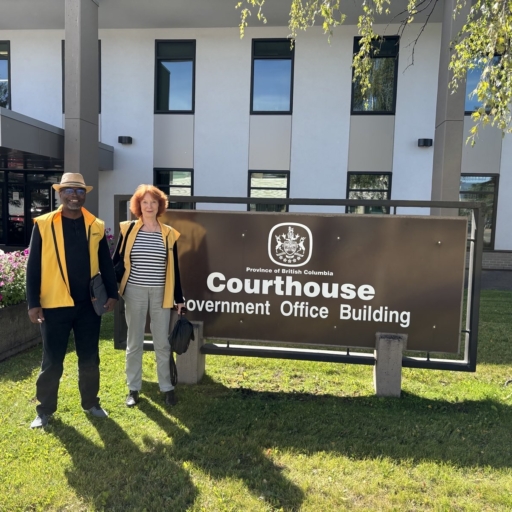
David Matsinhe, Directory of Policy, Advocacy and Research who travelled to the Wet’suwuet’en Nation to observe the trial in solidarity with the Wet’suwet’en Nation. After observing the trial, he describes his experience as “a profound honour to stand in solidarity with Wet’suwet’en land defenders who are upholding their duty as care takers of the land, water and all living things within it”. He further notes “their fight is not just for their own people but for everyone who seek justice, truth and sustainable future”
Related posts:
- Closing arguments heard in court case of Wet’suwet’en land defenders
- Wet’suwet’en Chief Dsta’hyl declared first Amnesty International prisoner of conscience held in Canada
- Chief Dsta’hyl, Canada’s first-ever prisoner of conscience, completes house-arrest sentence
- Amnesty International responds to B.C. court decision concerning Indigenous land defenders











